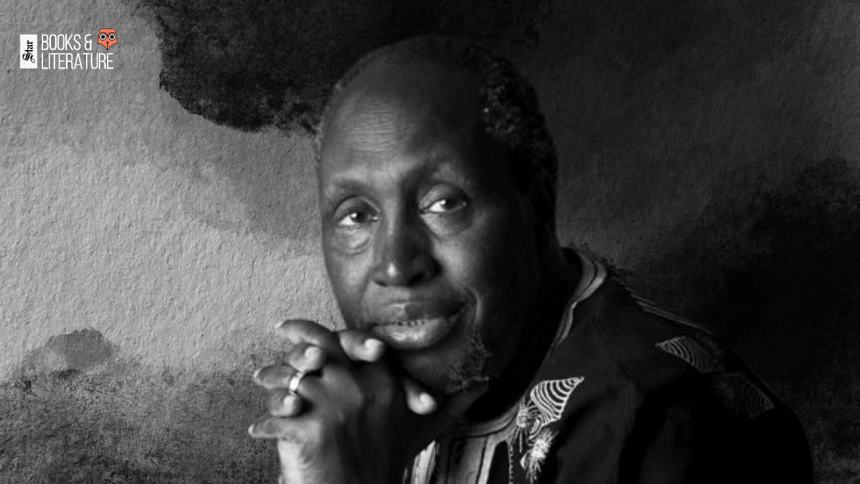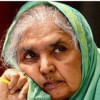Ngũgĩ wa Thiong’o, renowned Kenyan author and literary icon, dies at 87

Ngũgĩ wa Thiong'o, the revolutionary novelist, playwright, and fierce advocate, passed away on May 28 at the age of 87 in Bedford, Georgia. His death was confirmed by his family, with his daughter, Wanjiku wa Ngũgĩ, sharing that he "lived a full life, fought a good fight."
Ngũgĩ wa Thiong'o was more than a writer—he was a force to be reckoned with. A voice for the oppressed, a champion of African languages, and a relentless advocate for cultural liberation, he leaves behind a legacy not only written in books, but etched in the hearts of millions.
James Ngugi, who later changed his name to Ngũgĩ wa Thiong'o in 1977 to reject colonial naming, was born in 1938 in Kamirithu, Kenya, during the era of British colonial rule. He was a celebrated writer, playwright, and activist who transformed the pain and hope of his people into some of the most important works of African literature. His early novels, including Weep Not, Child, The River Between, and A Grain of Wheat, gave voice to a Kenya grappling with colonialism, independence, and identity.
"Language, any language, has a dual character: it is both a means of communication and a carrier of culture."
He grew up during the Mau Mau Uprising (1952–60), which deeply influenced his later work. One of his most notable works is the essay collection, Decolonising the Mind (James Currey Ltd/Heinemann, 1986), which established language as a fundamental element of cultural identity and liberation. He championed the use of African languages in storytelling, education, and resistance against colonial legacies.
Following political persecution, including imprisonment without trial in 1977 due to his activism and theatre work, Ngũgĩ went into exile in 1982, residing in the United Kingdom and later the United States. During his imprisonment, he famously wrote the novel, Devil on the Cross, on toilet paper. In exile, he continued his academic career, teaching literature and comparative literature at prestigious institutions such as Yale, New York University, and the University of California, Irvine.
Though nominated multiple times for the Nobel Prize in Literature, Ngũgĩ did not receive the award. However, the writer's resilience earned him the love, admiration, and reverence of people across the world, who saw in him a warrior for justice and truth. He was widely honoured with international literary awards and honorary doctorates, and his works, spanning roughly six decades, have been widely translated and studied across the globe.
"If you know all the languages of the world and don't know your mother tongue, that is enslavement."
Ngũgĩ's legacy is marked by his unwavering commitment to linguistic decolonisation and his belief that language is both a medium of communication and a carrier of culture. His influence extended beyond literature to social justice and political thought, earning him recognition from Kenyan leaders and the broader African continent.
Kenyan President William Ruto hailed him as "the towering giant of Kenyan letters," noting his courage in shaping thoughts around social justice and political power. Opposition leader Raila Odinga called him "a giant African" whose voice resonated across the continent.
His family emphasises his desire to be remembered for his celebration of life rather than to be mourned in death. His literary and cultural legacy continues through his children, including the authors Mukoma wa Ngũgĩ and Wanjiku wa Ngũgĩ, who carry forward his torch of resilience.

 For all latest news, follow The Daily Star's Google News channel.
For all latest news, follow The Daily Star's Google News channel. 








Comments